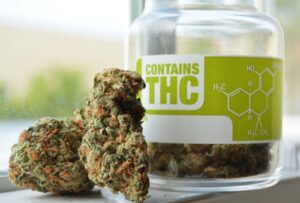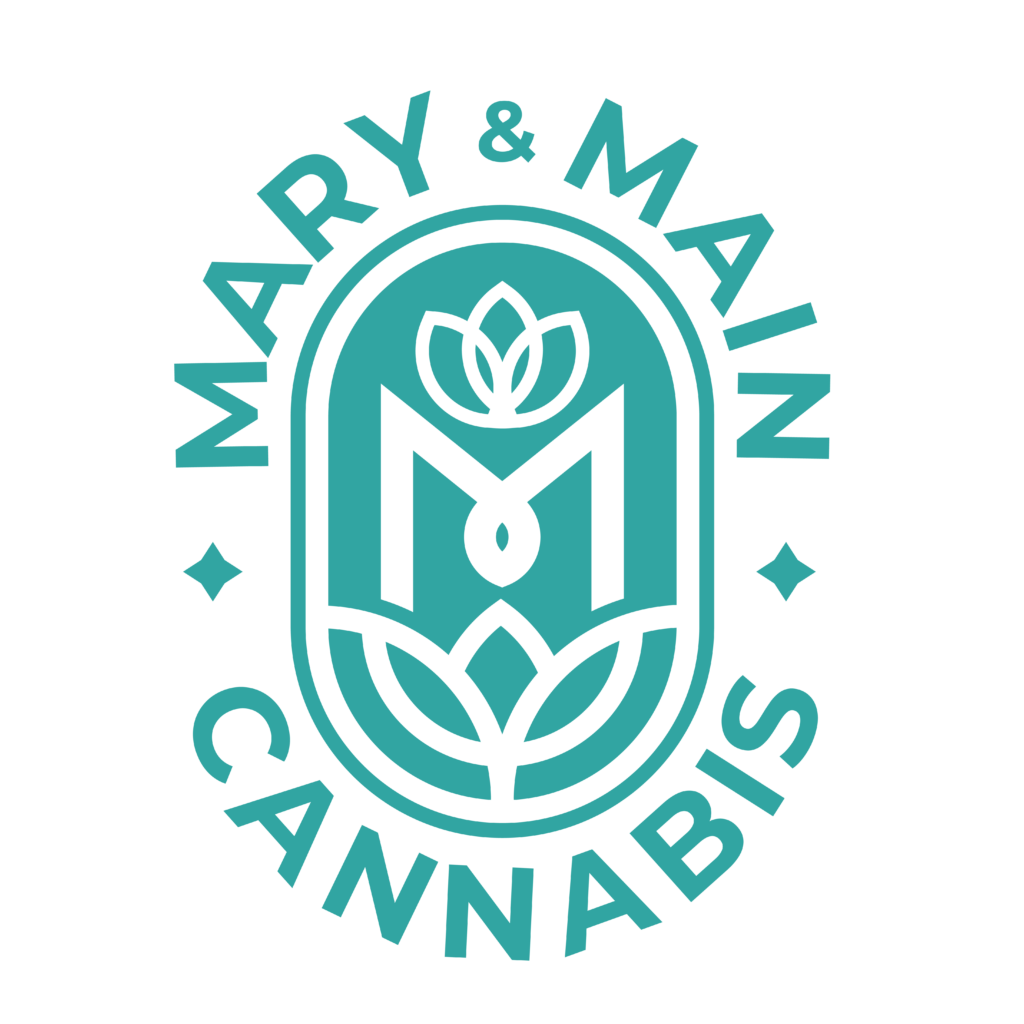The Food Apartheid
Food is one of the basic necessities for life, and everybody has the right to access healthy food. Healthy food access is not only important for public health but also to build a sustainable and equitable community.
According to a study done by The Maryland-National Capital Park and Planning Commission, Prince George county residents are having difficulty accessing quality, nutritious, affordable, and culturally appropriate food within a reasonable distance from where they live. It is not the lack of supermarkets but the spatial distribution of them and the quality and price of products they carry that create inequality in accessing healthy food. There are more than enough supermarkets in the study area; in fact, there are 20 more supermarkets than this market would normally support. Therefore, opening new supermarkets may not solve the problem. Food access challenges are more related to the quality of local stores and what they carry than the physical access to food outlets. Many residents do not patronize nearby supermarkets but travel elsewhere, even to other jurisdictions, where more variety and better quality food are sold for less. Healthy foods are not widely available in the study area food retail outlets. The Healthy Food Availability Index (HFAI) survey showed that the majority of supermarkets have a “fair” rating, and the average HFAI score for supermarkets is 56 out of 100. The small market HFAI survey revealed an average.
To get a better understanding, check out the Main Line with Alyana of Mary and Main and Ashley Drakeford here.
Impact
It is no surprise that the lack of access to fresh, health groceries has exacerbated health disparities that made county residents more vulnerable to covid-19.
However, there was intense disagreement this year on the solution proposed by officials from Prince George’s, who wanted to reward grocery stores that locate in food deserts by allowing them to sell beer and wine.
This effort, strongly backed by County Executive Angela D. Alsobrooks, would have made Prince George’s an outlier in a state that since 1978 has barred grocery stores from selling alcohol. The bill failed, as did another bill that would have allowed beer and wine to be sold in some grocery stores throughout the state, following intense opposition from the liquor lobby and lawmakers outside Prince George’s. But the county bill, which its supporters want to reintroduce next year, nonetheless sparked a statewide discussion about Maryland’s unusual liquor laws, equity in terms of food access, and why some neighborhoods are saturated with liquor stores.
Solutions Through The Capital Market
The Capital Market wants to increase food access to Prince George’s residents and the organization needs your help to maximize their impact.
Currently, The Capital Market’s work is driven solely by the volunteer efforts of a few community organizers. This is the fourth season of providing healthy, affordable food options to our neighbors.
Your financial support helps them create job opportunities, expand into another community, and build a more equitable food system.
Donations help volunteers run the market! They use the funds to cover startup costs, keep the food affordable, and make the market the best experience for you! Learn more here.




